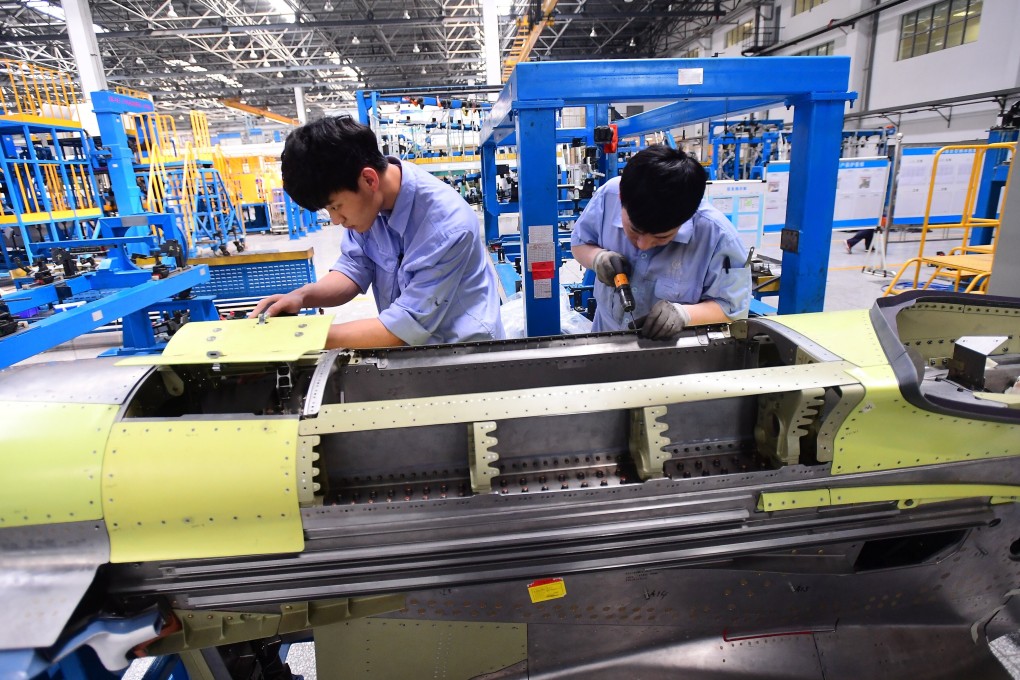China faces urgent ‘unprecedented challenge’ to develop jet engine as foreign hostility grows
- A senior Chinese aviation engineer says it is an ‘urgent political task’ for China to speed up development of its own jet engine
- Access to crucial technology is no longer guaranteed due to external hostilities and China must become more self reliant

China must be able to produce its own jet engine for commercial use as the world’s second biggest economy can no longer “leverage market access in exchange for technology” due to increasing foreign hostility, a senior engineer from state-owned Aviation Industry Corporation of China (Avic) says.
Liu Daxiang, deputy director of the science and technology committee at Avic, said aviation technology had accelerated this century and competition was getting “more fierce”.
“The established countries in aviation have become more strict with us when it comes to technology access,” he said in a video seminar organised by the Chinese Society of Aeronautics and Astronautics.
This is a serious and urgent political task, this is the unprecedented challenge that we are now facing
“In the past, we have leveraged market access in exchange for technology – I don’t think it works [for aviation].”